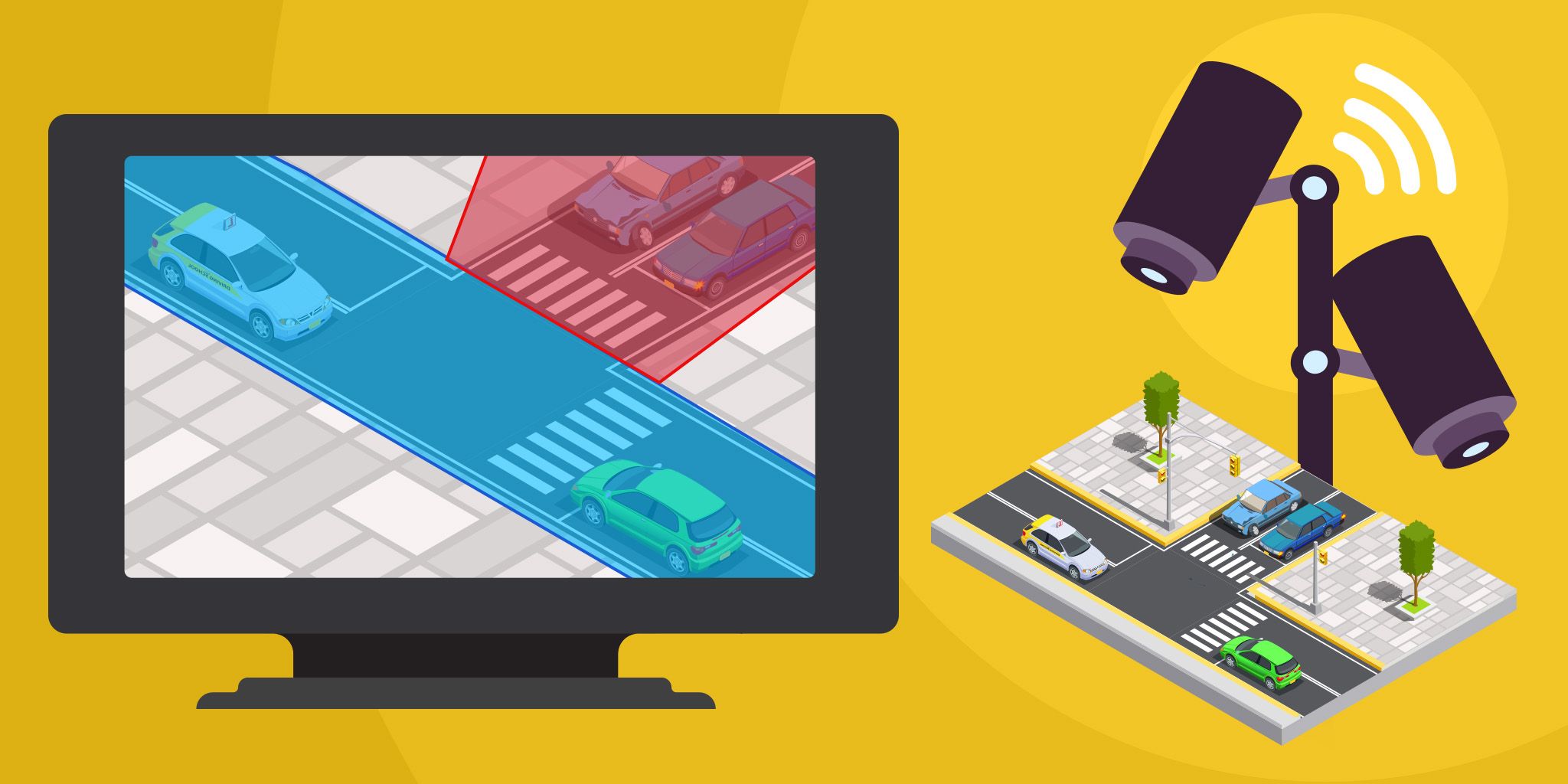Future Role of Artificial Intelligence in Logistics and Transportation
Future Role of Artificial Intelligence in Logistics and Transportation
- Last Updated: December 2, 2024
Guest Writer
- Last Updated: December 2, 2024



As logistics and freight organizations become more digitized, enterprises will be able to collect increasing amounts of data surrounding their customers, supply chain, deliveries, fleet, drivers, and more. Leading logistics organizations are already harnessing Artificial Intelligence (AI) in transportation. While a lot of enterprises currently collect this data, which will only continue to increase in the future, this data is still massively underutilized.
Route Planning with Predictive Analytics
Using the power of AI, enterprises can unlock advanced route planning that optimizes several real-world factors in a way that’s difficult or impossible for traditional route planning to do.
AI-powered systems will enable better customer experiences, improved fleet management, and better overall business margins in the transportation sector.
Traditional route planning factors in transportation can typically only incorporate a few factors, which are still very naive rule-based factors. However, traditional ways can’t just be replaced overnight. The entire procedure of adapting to a new technology requires time and skills to be acquired.
To enable efficient route planning with AI, enterprises need to account for a wide variety of factors. Factors include the type that is to be delivered, customer preferences, traffic patterns, local road regulations, and changing routing behaviors in addition to subjective factors such as local knowledge of delivery personnel and other preferences.
With predictive analytics, an AI-powered system can optimize real-world factors for route planning that results in a lower cost of deliveries, faster delivery times, reduced shipping costs, and better asset utilization. Predictive analytics use data, statistical algorithms, and machine learning to identify the likelihood of future outcomes based on historical data.
Benefits of Utilizing AI For Logistics and Transportation
In the future, AI-based systems will help unlock the true potential power of enterprise data. This will enable better customer experiences, improved fleet management, faster deliveries, lower safety incidents, and better overall business margins. AI enables a win-win scenario for all stakeholders in the logistics transportation ecosystem but requires some effort and investment to build and maintain.
Recommendations For AI
As important as AI is, an underrated component of AI is data and data engineering. Data engineering is the aspect of data science that focuses on practical applications of data collection and analysis. Before jumping onto the AI hype train, ask yourself, are you collecting critical data about your business operations? Is the data effectively stored, organized, and easily accessible?
At the end of the day, while AI is currently a trending tech buzzword, it’s only useful to solve an actual business problem. Assess what problems you want AI-based systems to solve, adopt them into your business goals, and use the proper metrics to measure efficiencies.
The Most Comprehensive IoT Newsletter for Enterprises
Showcasing the highest-quality content, resources, news, and insights from the world of the Internet of Things. Subscribe to remain informed and up-to-date.
New Podcast Episode

IoT in 2026: Trends and Predictions
Related Articles




